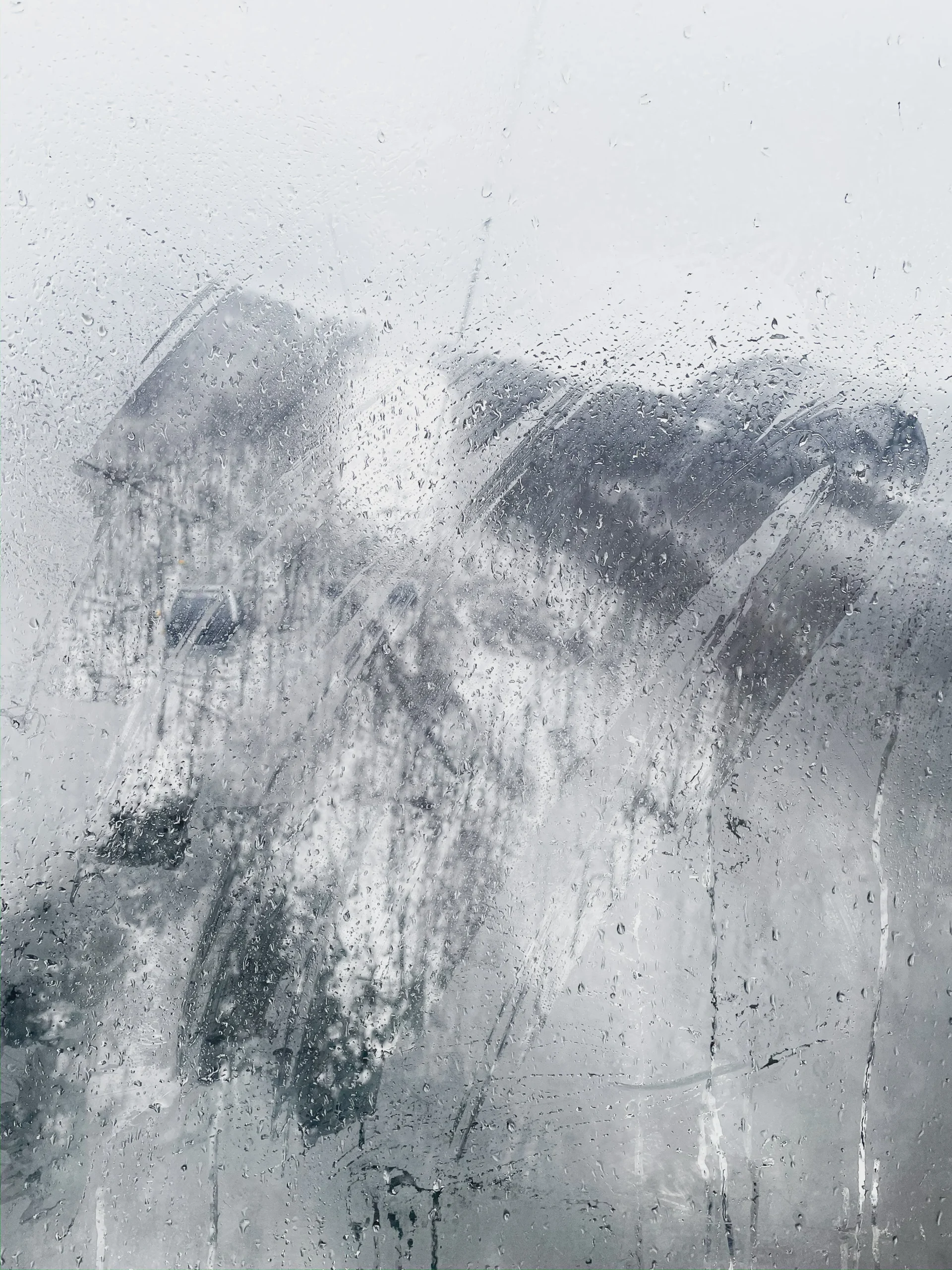In winter we often encounter the problem of evaporating glass, both in our homes and cars. This phenomenon can cause doubts – is it a sign of faulty window installation or a natural process? In this article, we explain the causes of glass evaporation and give advice on how to deal with it.
WHAT MORE IN THE ARTICLE?

Glazing evaporation - a natural process
Glazing evaporation is a natural phenomenon that occurs when warm, moist air inside a room comes into contact with the cooler surface of the glass. In winter, when we keep our homes warm and the temperatures outside are low, the temperature difference between the inside and outside of the glass causes moisture to condense on the glass. This does not mean that the windows are poorly installed. Rather, it is the result of natural physical processes, where warm air containing moisture comes into contact with a cooler surface, creating condensation, or moisture on the glass.
How to prevent glass from evaporating?
Airing
Regular ventilation of rooms is one of the effective ways to prevent glass from evaporating. Short but frequent ventilation allows the exchange of moist indoor air for fresh outdoor air, reducing indoor humidity. This is especially important in areas where natural ventilation is limited, and fogged up windows can become a problem.
Heating
Maintaining an even temperature in the house helps minimize temperature differences between the inside and outside of the glass. This reduces the risk of condensation on the windows. Adequate space heating is key, especially in areas where moisture on the glass can lead to problems such as mold and window damage.
Exposing windows
Uncovering windows allows air to circulate better around the glass, which also helps reduce evaporation. Make sure that curtains or blinds do not block airflow around the window.
Is glass evaporation an assembly error?
Glazing evaporation is not automatically a sign of faulty window installation. High indoor humidity and large temperature differences are natural causes of this phenomenon. However, if glazing evaporation is excessive or persists over a long period of time, it is worth checking that the windows are properly sealed and that the ventilation system in the house is working effectively. In some cases, evaporation problems may indicate a need for improved insulation or ventilation, but do not necessarily mean faulty window installation.
Applications
Glazing evaporation in winter is a natural phenomenon that can be easily controlled by regular ventilation, proper heating and uncovering of windows. It is not usually a sign of faulty window installation. By keeping these simple steps in mind, we can effectively prevent glass evaporation and keep our homes comfortable throughout the winter.

